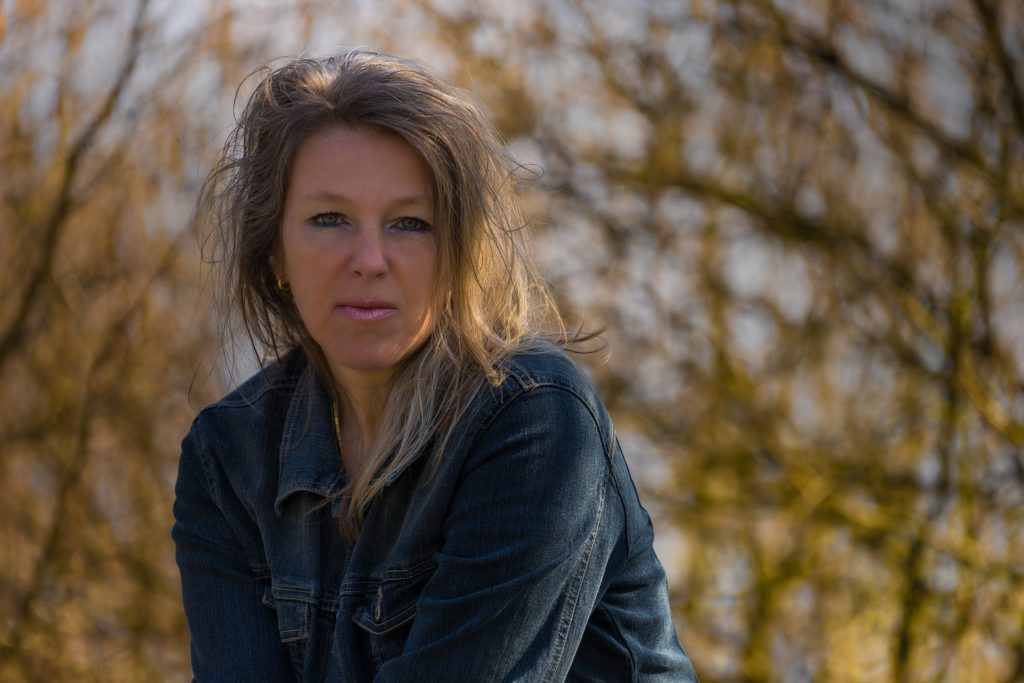
It is mind-blowing that women are so profoundly overlooked again and again. Just a moment of thought gives rise to a myriad of examples: the vote, sports, business, leadership—so many glass-ceilings! Low-and-behold, this problem extends into female sex addiction struggles also.
Male sex addiction has been discussed for years, and yet only recently has the conversation allowed room for women. What has been overlooked? Why aren’t we aware of women’s plight? Indeed, “the clinical and recovery fields have directed little attention to women’s struggle[s]”.
Ferree explains a number of myths that explain why females may be overlooked when it comes to sexual addiction:
Myth 1: Female sex addiction is not a struggle
The shame of sexual addiction is commonly understood and yet it escalates for women. The language and understanding around the female conversation is underdeveloped and therefore many women feel very alone in their struggle.
The silence is compounded by women’s reluctance to speak out about sexual behavior—but who would blame them in our culture where they may often be shamed? Women do struggle with this issue and will continue to—especially if we make it unsafe for them to discuss it.
When this is the case, it is clear that women will struggle, especially when: “The consequences of excessive sexual behavior are far-reaching and can result in lost relationships, family break-ups, difficulties with work, arrests, financial troubles, a loss of interest in things not sexual, low self-esteem and despair.”
Myth 2: Women with female sex addiction, are really just love addicts
There has been a lasting debate surrounding women’s struggles with love, romance or sex addiction. The differences between these issues are often minimized and advocates for each side become veracious in their sides defense.
Some people find “sex addiction” a reductionist term that seems to imply only a mechanical action of the body, whereas others argue that there is a much more complex process fueling any form of addiction.
Therefore, what in men might be classified as sexual addiction could span over a number of categories for women! This ultimately increases complexity and understanding how treatment can, or should be given to women.
Myth 3: Females who act out are “needy”
 Rather than neediness, power or loneliness are more likely to drive sexual addiction according to Ferree. Neediness implies a lack of security through validation, and this doesn’t fit with most female sex addict’s experience.
Rather than neediness, power or loneliness are more likely to drive sexual addiction according to Ferree. Neediness implies a lack of security through validation, and this doesn’t fit with most female sex addict’s experience.
Power fits more accurately as many women are attempting to resolve, in some manner, their past wounds of abuse by achieving a one-up position. This may be the situation for you.
Myth 4: A women’s presenting problems are always the true problem
Many women present with a number of symptoms or experiences that aren’t sexual addiction, that therefore masks this underlying concern. This is especially true when a woman has been abused and has developed a rigid set of ways to cope with the world, which can cause problems in everyday functioning and relationships.
There has also been a growing connection found between eating disorders and sexual addiction in women. Do you relate to this myth at all?
Myth 5: The consequences of addiction are the same for men and women
There are, of course, similar consequences, but there are differences. For example, unwanted pregnancy or STDs. Furthermore, women rightly or wrongly take the primary nurturing positions in family and cultural life and when they are struggling with addiction the implications are different on their wider context.

Families of female sex addicts with endure a differing shame than their male counterparts. Children may receive a unique lack of attention and care. And, marriages are less likely to be maintained, as men are known to be less likely to stay with an unfaithful spouse than women are.
All of this adds up to increased silence and a dismissal of women’s’ experiences. It is worth noting that women likely experience far more pressure not to disclose or find help with their sexual addiction. This is a terrible consequence of these myths that we can start to address by allowing for a tolerant and open dialogue about women’s needs.
Individually, as you consider where to go from here, may I remind you of your underlying biological make up, and what you are designed to need:
“A deep sense of love and belonging is an irreducible need of all people. We are biologically, cognitively, physically, and spiritually wired to love, to be loved, and to belong. When those needs are not met, we don’t function as we were meant to. We break. We fall apart. We numb. We ache. We hurt others. We get sick.”
If you are in the category of female, and struggle with sexuality in some form, please find another to walk with you.
 About the author: Paul Loosemore, MA PLPC, author of “21 Movements Towards Life” – The step-by-step guide to recovering from sexual addiction or pornography. Paul works as a mental health counselor, and consults with those who wish to recover from Sexual Addiction—both individuals and couples. He is the founder of www.stopsexualaddiction.com where you can find his guide, or contact him.
About the author: Paul Loosemore, MA PLPC, author of “21 Movements Towards Life” – The step-by-step guide to recovering from sexual addiction or pornography. Paul works as a mental health counselor, and consults with those who wish to recover from Sexual Addiction—both individuals and couples. He is the founder of www.stopsexualaddiction.com where you can find his guide, or contact him.
References:
[1]: Ferree, M. (2001) Females and sex addiction: Myths and diagnostic implications. Sexual addiction & compulsivity. 8:287-300.
[2]: Ibid.
[3]: Griffiths, M. Sex addiction on the Internet. Nottingham Trent University; UK.
[4]: Brown, B. (2010) The gifts of imperfection: Let go of who you think you’re supposed to be and embrace who you are. Hazelden Publishing.
The opinions and views of our guest contributors are shared to provide a broad perspective of addictions. These are not necessarily the views of Addiction Hope, but an effort to offer discussion of various issues by different concerned individuals.
We at Addiction Hope understand that addictions result from a combination of environmental and genetic factors. If you or a loved one are suffering from an addiction, please know that there is hope for you, and seek immediate professional help.
Published on June 10, 2017.
Reviewed By: Jacquelyn Ekern, MS, LPC on May 26, 2017.
Published on AddictionHope.com
